Greek was the language of educated Antioch, and the main language of the Church. But as we move towards the specifically Maronite tradition, we enter the world of Syriac. Ephrem […]
Read more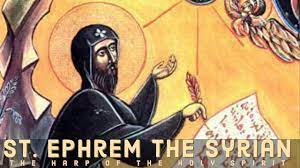

Greek was the language of educated Antioch, and the main language of the Church. But as we move towards the specifically Maronite tradition, we enter the world of Syriac. Ephrem […]
Read more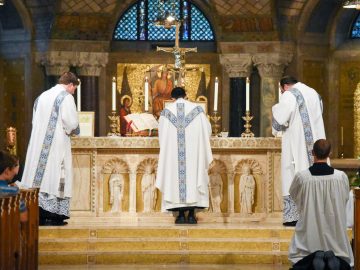
To celebrate the Divine Liturgy ad orientem is to celebrate towards the East, with the priest and the faithful all standing before the altar. The opposite tradition is called versus […]
Read more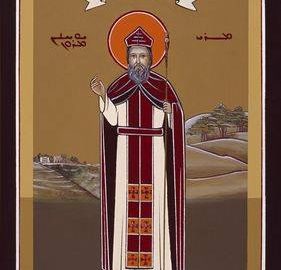
This is the third in a series. The first two are the following: http://www.fryuhanna.com/2022/01/14/the-maronite-liturgy/ http://www.fryuhanna.com/2022/01/20/0-3-the-four-known-classes-of-ancient-maronite-liturgies/ We saw in the last post that the 1592-1594 Missal issued by Rome was actually […]
Read more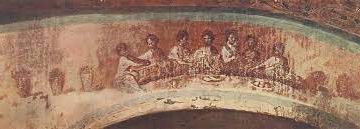
This reflection on a prayer in all the Catholic and Orthodox liturgies is based on an interesting article by Sebastian Brock, “The Thrice-Holy Hymn in the Liturgy.” The hymn to […]
Read more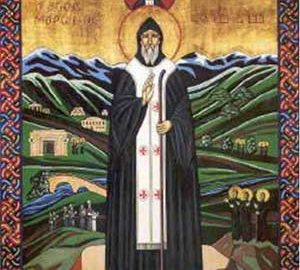
This post continues from the first in this series, http://www.fryuhanna.com/2022/01/14/the-maronite-liturgy/ 0.3 The Four Known Classes of Ancient Maronite Liturgies We shall refer to all liturgies older than the year 1736 as […]
Read more
When we look at the Maronite liturgy and its history, let us not lose sight of the most important fact of all: it is a supernatural, sacramental, sacrificial, liturgical action. […]
Read more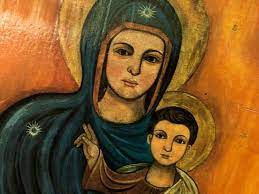
First of all let us ask our guardian angel to help us meditate well and dutifully upon the mystery of Our Lady, to commence with what it clear, and to […]
Read more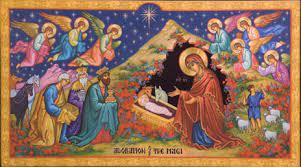
Jacob of Sarug’s First Homily on the Nativity In his first homily on the Nativity, written as a poem rather than a speech, St Jacob of Sarug presents two main […]
Read more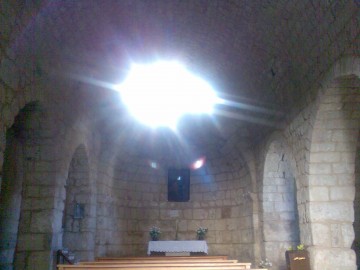
A very interesting study of meditation and contemplation in the Christian tradition was published by my colleague Professor Garry W. Trompf, one of the world’s leading schoalrs of religion. This […]
Read more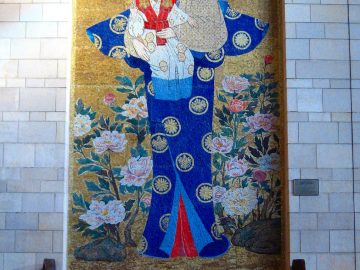
Is Maronite Art European? It is noteworthy that, so far as I can see, and Fr Badwi’s icons excepted, Maronite depictions of Our Lord present Him as a European, with […]
Read more